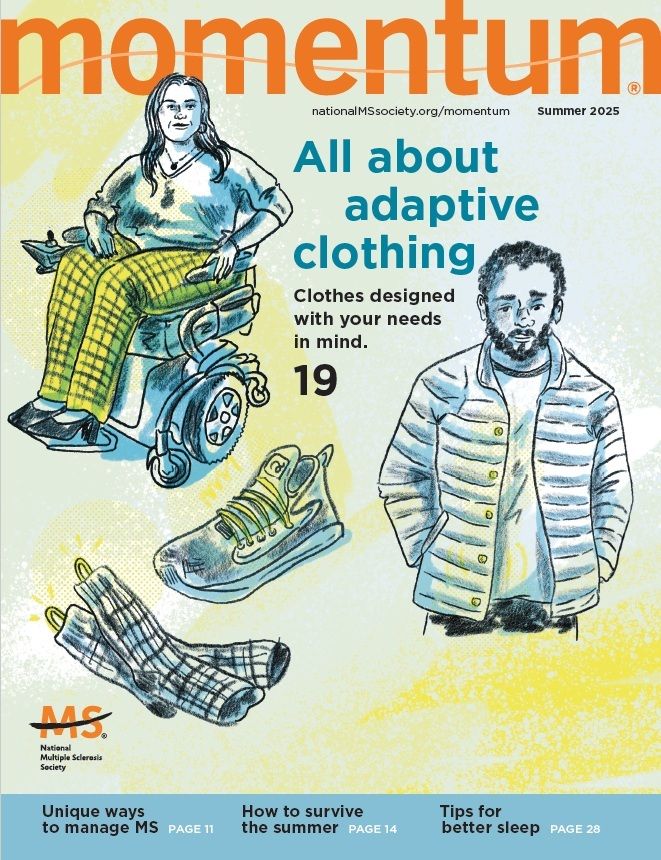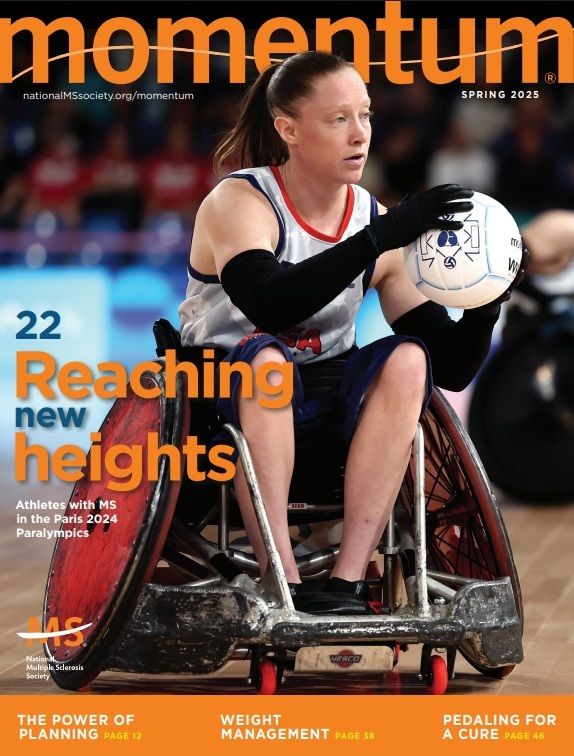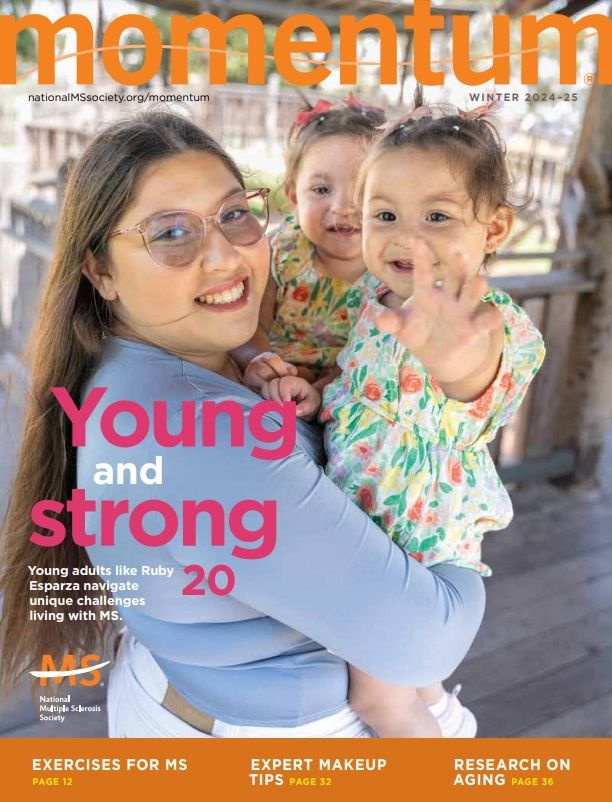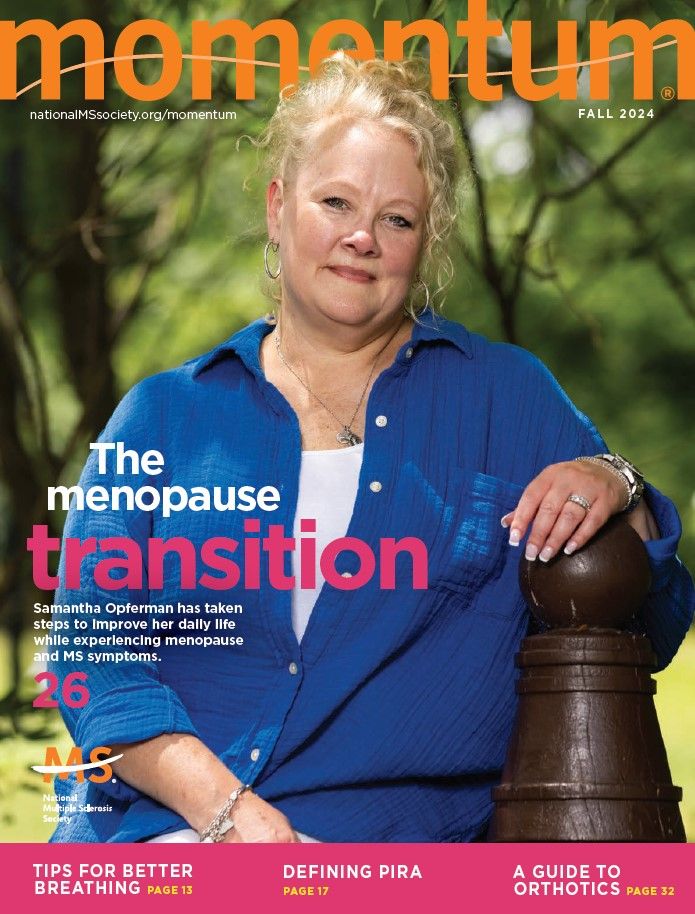Redirecting MS Through Martial Arts
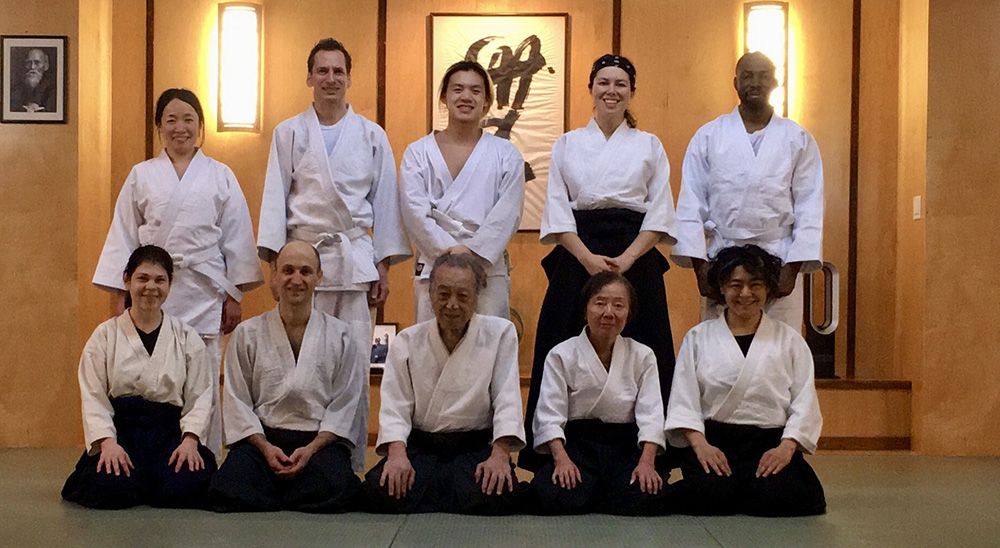
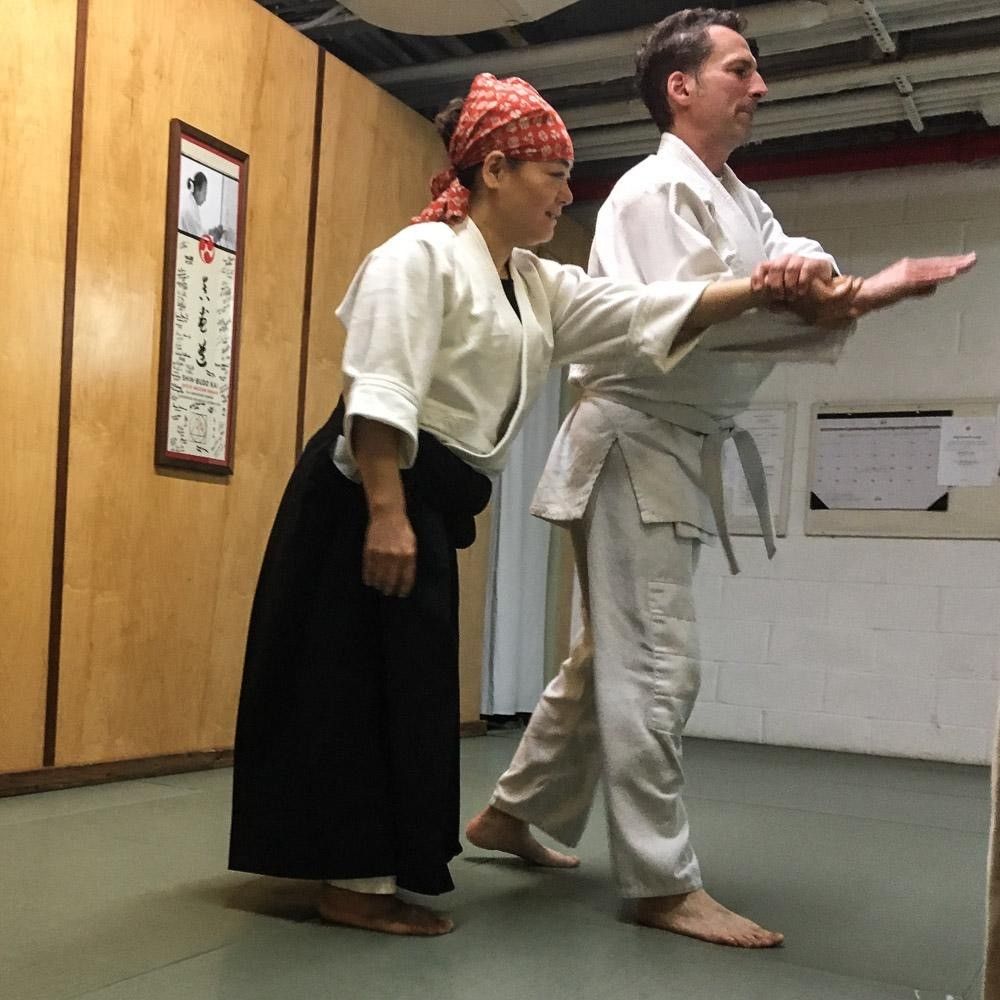
Kaufman appreciates having the dojo’s matted surface as a safe place to develop his balance. Because of his training, he’s able to fall safely more than 50 times a class without the use of his walking devices (trekking poles). In addition to the physical benefits, Kaufman says Aikido has worked wonders for his mental and emotional well-being.“I basically structure my work life and my social life around it because this is so important to me,” Kaufman says. “There’s so many things in life I can’t do the way I used to. I can’t go on big hiking trips. I can’t do things that take me too far away from a bathroom for too long. I don’t have the stamina to go as long as I used to, but this is something I can do and accomplish.”Kaufman is considered a “3rd Kyu.” This is the equivalent to being a brown belt in karate. Becoming a 3rd Kyu requires dozens of hours of testing and training.“I was actually not even thinking I could do it [pass the 3rd Kyu test],” Kaufman says. “I felt like my disability progressed so much that I wouldn’t be able to do it. But it really made me feel emotionally satisfied that I could get through that and that I could achieve this.”One aspect of Aikido that continues to stand out to Kaufman is the unwavering support he gets from his instructors. They not only encourage him to keep going, but they also always adapt techniques to accommodate his specific needs.“Everybody has unique challenges that they’re dealing with,” Kaufman says. “Part of the goal of practicing Aikido is you’re learning how to take advantage of those unique challenges. But it can also work in reverse. You’re learning how to compensate for those unique challenges.”While Kaufman does not know what his future with MS looks like, he knows that Aikido will be part of those plans. “It’s so meaningful to me, and I cannot ever imagine a time when I won’t do this or use this in my life,” Kaufman says.







